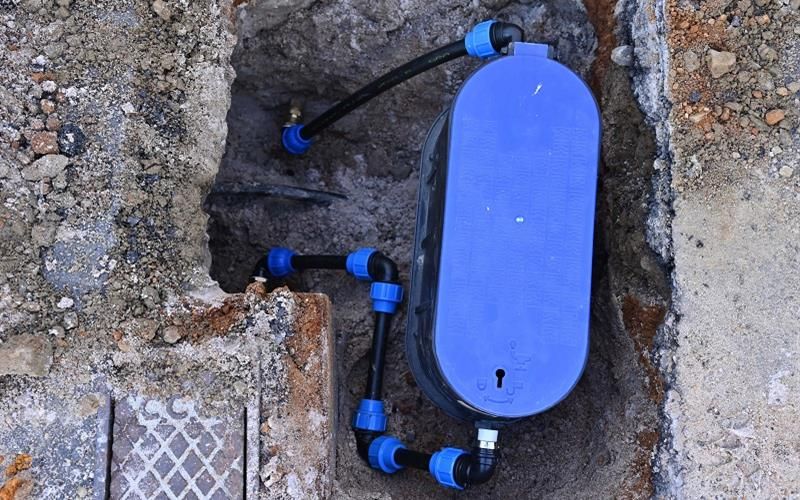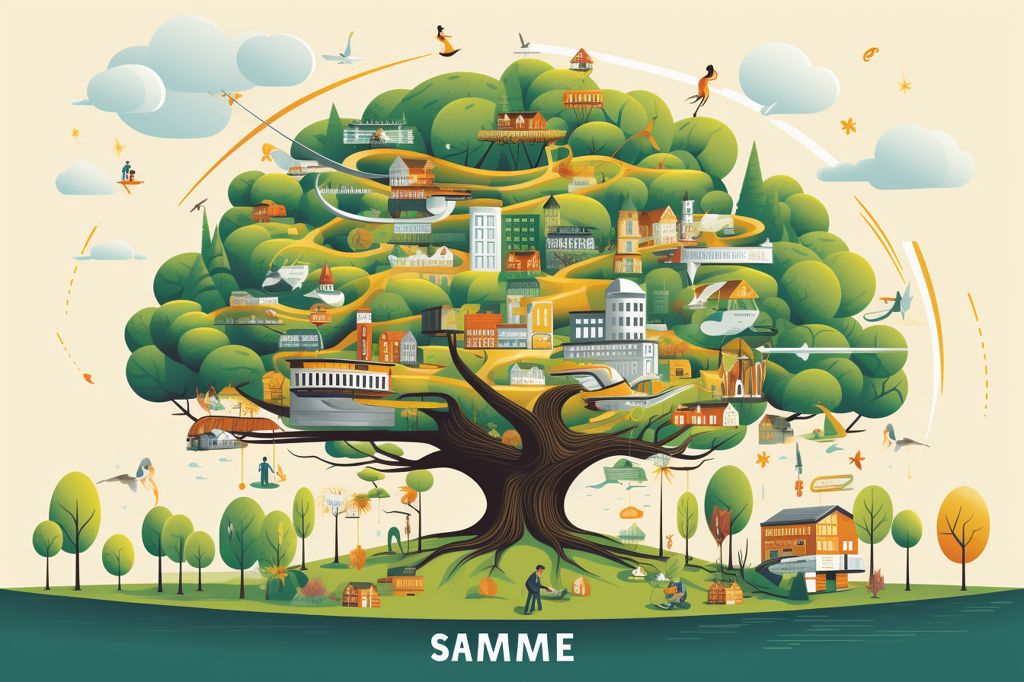The Broad-Based Black Economic Empowerment (B-BBEE) Commission collaborated with the Government Communication and Information System (GCIS) to host a virtual dialogue on June 28, 2023. The event aimed to address challenges faced by South African youth concerning opportunities, inclusion, and economic transformation. The dialogue, held during Youth Month, brought together stakeholders from various youth organizations, the Department of Small Business Development, and the B-BBEE Commission.
Progress made since the introduction of B-BBEE legislation
The dialogue centered around the theme, “Beyond 20 Years of B-BBEE: Youth Economic Empowerment opportunities through Enterprise and Supplier Development (ESD).” Participants discussed the progress made since the introduction of Black Economic Empowerment legislation and policy and explored ways to further empower the youth economically.
The goal of B-BBEE and the current status of black business ownership
The B-BBEE Act’s goal is the viable economic empowerment of all black people, with a focus on women, youth, workers, people with disabilities, and those living in rural areas. The B-BBEE Commission’s Annual National Status and Trends report for 2021 revealed a decline of 1.5% in black business ownership, from 31% to 29.5%.
The significance of Enterprise and Supplier Development (ESD)
ESD forms an integral part of B-BBEE and seeks to accelerate the growth and sustainability of black-owned enterprises through investments in supplier and enterprise development initiatives. However, a report on ESD highlighted challenges such as non-compliance with B-BBEE policies, particularly by big corporations, and the “tick-box exercise” mentality among those who do comply.
Obstacles to developing emerging youth enterprises
Stakeholders identified the lack of financial support and proper guidance for Small Medium and Micro Enterprises (SMMEs) as obstacles to developing emerging youth enterprises. The dialogue also addressed the high youth unemployment rate, currently at 63.9% according to StatsSA.
Encouraging youth involvement in the economy
The B-BBEE Commissioner, Tshediso Matona, noted that the exclusion of youth from economic participation contributed to numerous social issues. Government interventions aimed at encouraging youth involvement in the economy include a R1.4 billion allocation announced by President Cyril Ramaphosa, the establishment of Value Chain and Market Access support, and a focus on low-entry barrier sectors such as cannabis.
The role of corporates and partnerships in promoting youth economic empowerment
Stakeholders highlighted the role of corporates and partnerships in promoting youth economic empowerment. Sasol has partnered with the Small Enterprise Development Agency (SEDA) to launch Pop-up markets across provinces and provide containerized business hubs in Mpumalanga and Free State. Stakeholders encouraged the youth to seize government-supported opportunities to nurture their businesses and contribute to the country’s economic growth.
The role of the B-BBEE Commission in promoting good governance and accountability
The B-BBEE Commission is responsible for supervising adherence to the B-BBEE Act, investigating violations, and promoting good governance and accountability to facilitate the objectives of broad-based black economic empowerment. As the dialogue demonstrated, empowering the youth through ESD and other initiatives remains a vital aspect of building a prosperous, inclusive South Africa.








